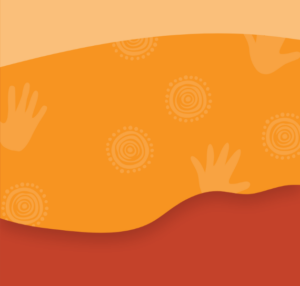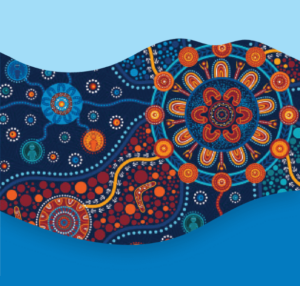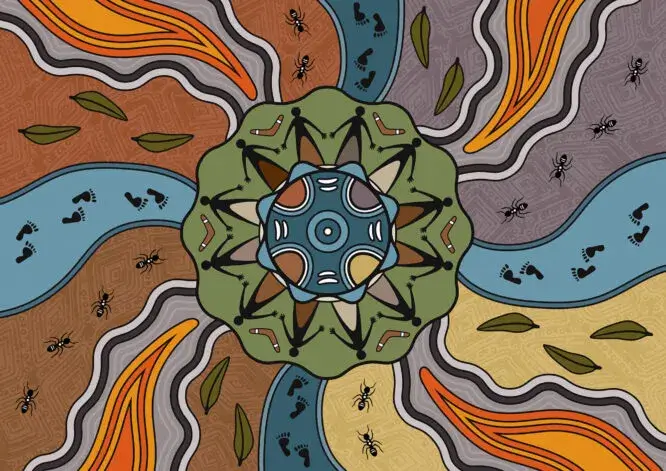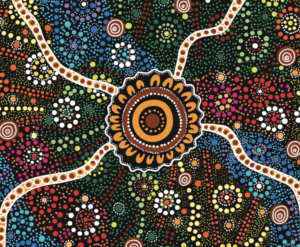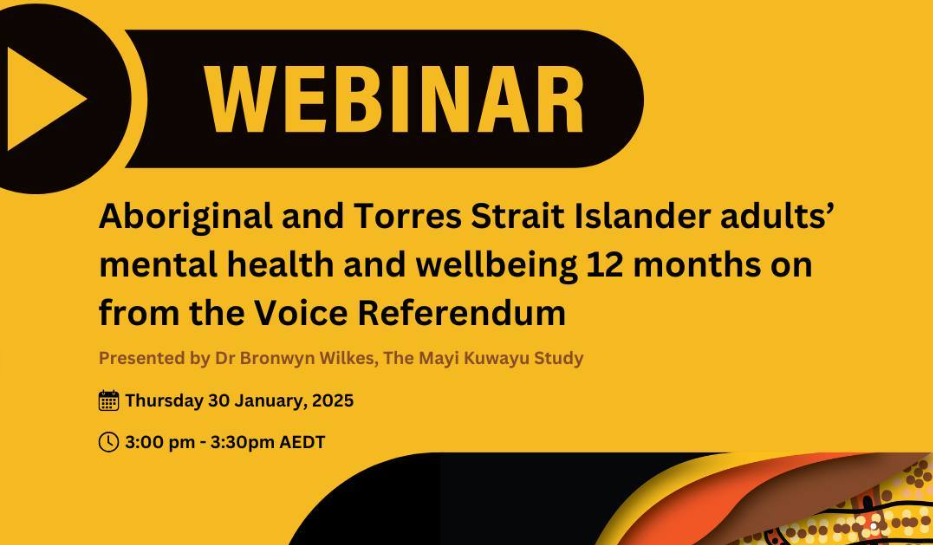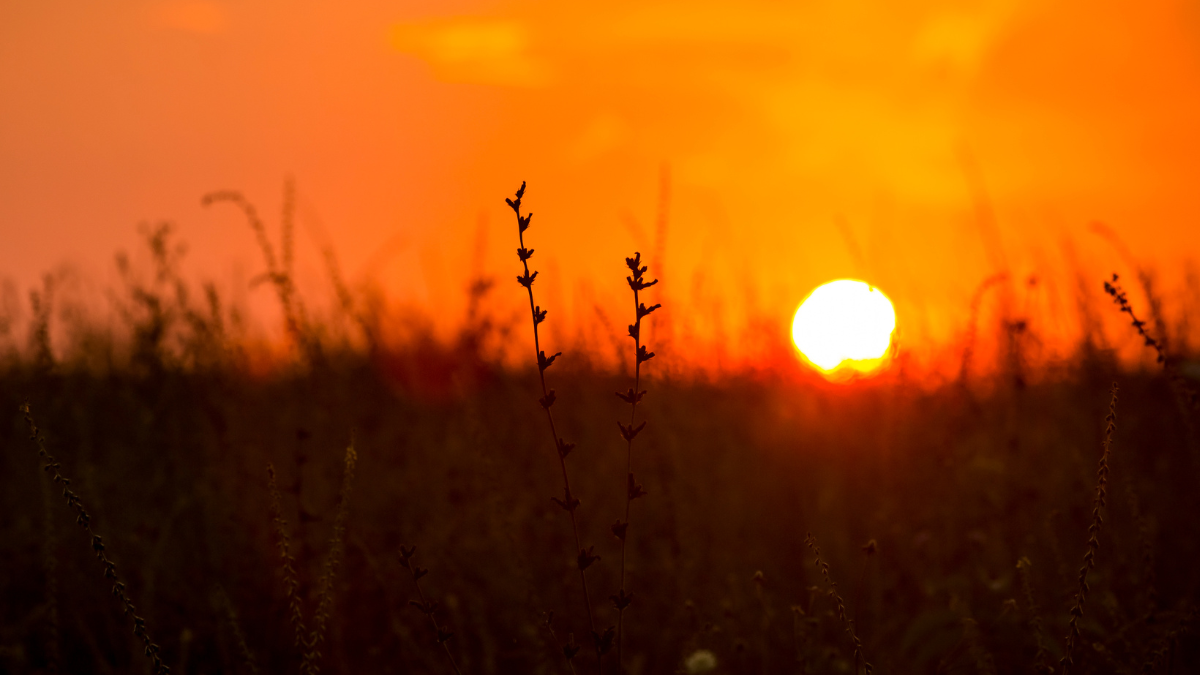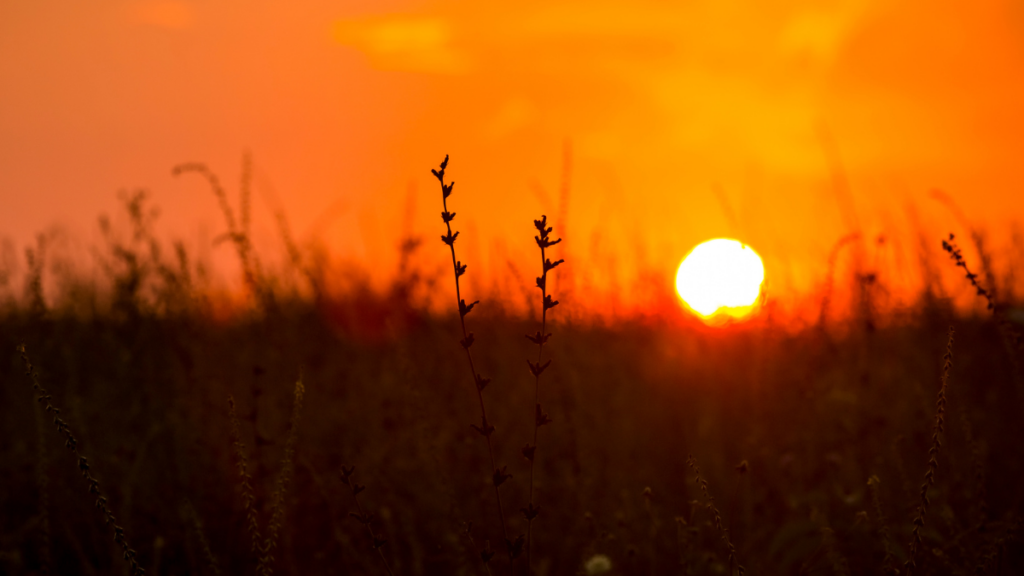“Mass gatherings where people are close together are high-risk for spreading COVID-19,” said Pat Turner, CEO of the National Aboriginal Community Controlled Health Organisation.
“It has been recognised that COVID-19 poses a serious risk to Aboriginal and Torres Strait Islander people due to higher levels of chronic conditions especially those aged 50 years and older.
“The specific advice of all health authorities is that while COVID-19 remains in Australia that everyone should take precautions including the social distancing and hygiene practices,” she said.
“People with coronavirus can spread the virus for at least 48 hours before showing symptoms. Those who attended the rally should take every precaution they can in terms of practical measures to protect themselves and their families.
“It is important you continue with social distancing, regular hand washing and cough hygiene. If you can, avoid contact with Elders and with people with chronic medical conditions as these people are at much higher risk of serious COVID-19 illness if they get infected. If you develop even the mildest of symptoms, stay home and get a COVID-19 test. The symptoms that warrant a COVID-19 test include a sore throat, cough, shortness of breath, chills, night sweats or a temperature over 37.5°C.
“As per government’s health advice, people who marched don’t need to isolate unless they felt sick, in which case, they should get tested. The earlier we pick up infections, the quicker we can move to prevent further spread.”
NACCHO is the national peak body representing more than 140 Aboriginal Community Controlled Health Organisations (ACCHOs) across the country on Aboriginal health and wellbeing issues. NACCHO represents over 6,000 ACCHO staff – of which 3,500 are Indigenous – and is the largest employer of Aboriginal and Torres Strait Islander people in Australia.
ACCHOs have almost 50 years of experience in the delivery of comprehensive primary health care. Services are delivered through fixed, outreach and mobile clinics operating in urban, rural and remote settings across Australia.


